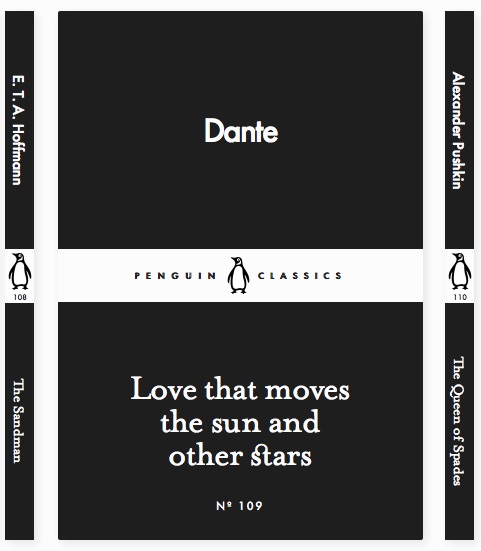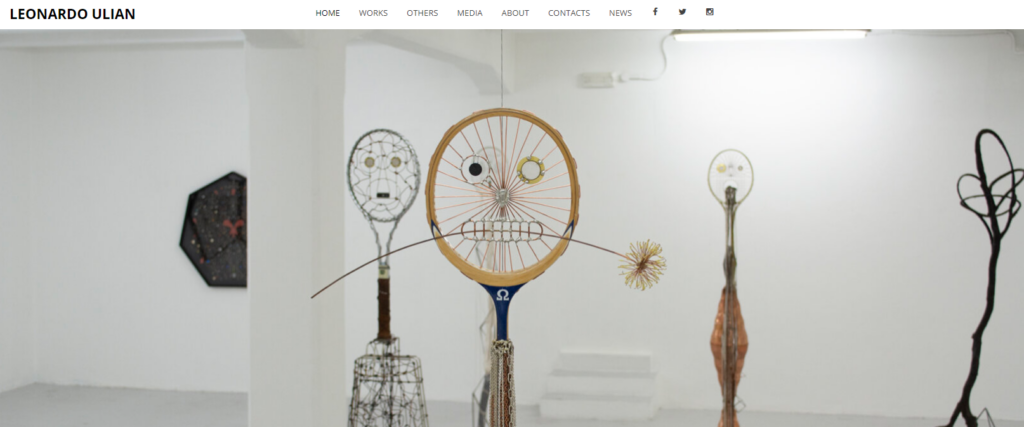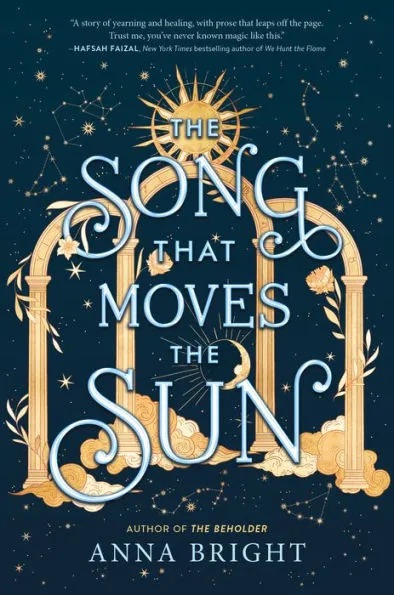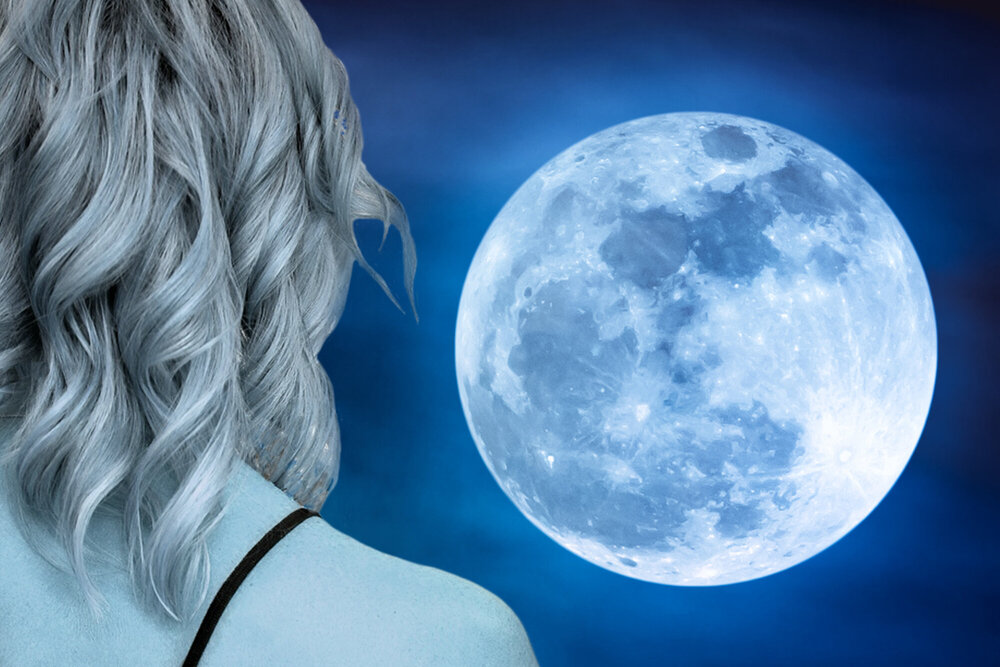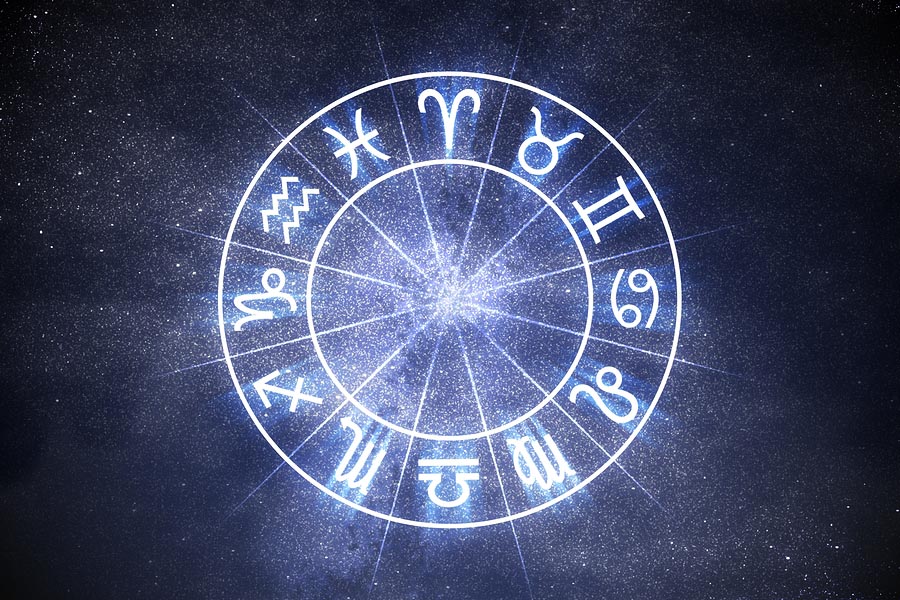“God almighty, but isn’t Heaven boring? That’s the only conclusion you can draw from reading this excerpt from Dante’s Divine Comedy.
“A word of background. You’ll know Dante for his trip into Hell, all the way down the nine circles […] to the very mouth of Satan himself. There are people being chased by hounds; people being boiled in melted gold; people stripped naked and permanently incinerated by snakes; popes buried head-first in the dirt. It’s all riveting stuff.
“But Dante wrote three parts to his Divine Comedy. The first dealt with hell. The other two dealt with purgatory and with heaven. And heavens, but it’s dull. You get the sense of things to come when one character, in the outskirts of heaven reserved for the imperfectly faithful, tells Dante that:
I am Piccarda – as you’ll know I am –
And blessed among the many who are blessed
Within this slowest moving of the spheres
…
We in will are brought to rest
By power of the caritas [divine care] that makes us will
No more than we have, nor thirst for more.
“The problem with writing about heaven is that heaven has to be perfect, at least in the eyes of its denizens. They want for nothing, which is jolly tricky for the writer who need a bit of antagonism to get his characters out of bed in the morning. All there is to talk about, over and over again, is how wonderful god and his works are.
“Milton had the same problem with Paradise Lost, where for precisely the same reason the devil keeps stealing the show. But there is no devil in this story, and so we have to sit through pages of Christian loyalty. The only moment the story comes alive is when St Peter turns up and starts cursing all the modern popes for ruining his legacy.
“It shows why religion and literature never really get on. In the final analysis, stories don’t like perfection; they are like oysters in need of that bit of grit if they are going to create a pearl. Religion has a higher goal in mind; it promises paradise and doesn’t want anyone examining the small print. On earth at least, the former seems to outweigh the latter.” —addisonsteel, “#109 Dante – Love that Moves the Sun and Other Stars,” WordPress, August 8, 2016 (retrieved March 28, 2024)
